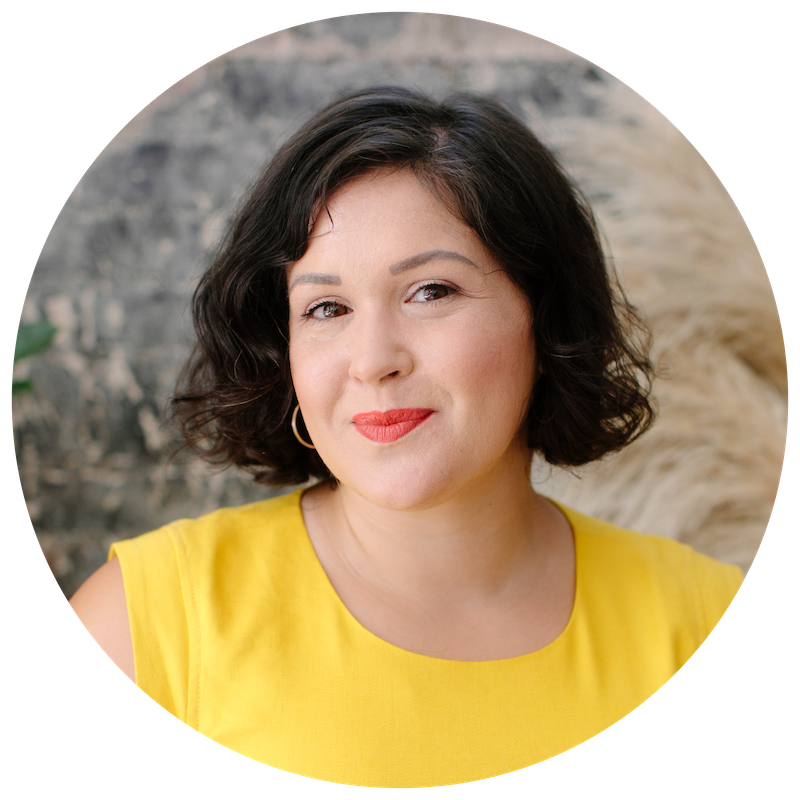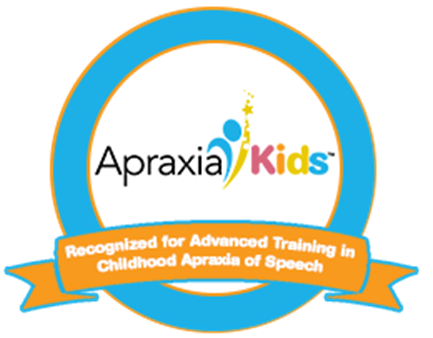Think of adenoids as little pillows that rest between your nose and your oral cavity. These little “pillows” are one of your body’s best defenses against germs. When they become swollen, however, they can cause a variety of issues, including drooling, poor articulation, snoring, sore throats, and ear infections. As a parent, you never want to see your kid battling constant illness. The alternative, surgery, is also not very appealing. It is a difficult decision and one that my cousin, Gavriella Lerner, and her husband had to make for their 2-year-old. Gavi, awaiting the birth of her second child, agreed to pass on some information to other parents to help make a more informed choice when it comes to your child’s swollen adenoids.
Jocelyn: Tell me about your child (i.e. milestones, interests).
Gavriella: My 2.5-year-old has always been somewhat low tone and has always been late when it came to physical milestones. He is very bright and eager to learn and is into typical toddler boy stuff- trucks, Thomas, Elmo, etc. The low tone affects his mouth too- always hanging open, lots of drooling.
J: When did he say his first words?
G: His first discernible words came right on schedule, at around 12 months.
J: When did “adenoids” first come up in conversation?
G: The pediatrician mentioned it during a visit to treat what seemed like his gazillionth sinus infection.
J: Is there a family history?
G: Yes. My husband had his tonsils and adenoids out at about the same age. For context, we’re in our mid-20s, so we’re not talking about the days where just about every kid got them out.
J: How long did you wait before seeking professional guidance?
G: We got a referral to an ENT from the pediatrician during that appointment. However, it is very difficult to get an appointment with a specialist when it’s not an emergency. Even though we called right away, it was about 3 months before we actually saw the ENT. We could not book an earlier appointment. And we tried more than one- they all had waiting lists about that long!
J: Did he get sick often?
G: He didn’t really get ear infections, but the sinus infections were constant. Every little germ he caught eventually morphed into a sinus infection.
J: Was he a noisy sleeper?
G: He was a snorer, but not a noisy one. That’s why we didn’t really notice for a while. But the snoring definitely affected his sleep. He woke himself up from snoring several times a night, and if it happened past 5 AM, that was it, he was up for the day. Although he didn’t wake us up every time he woke up in the middle of the night, we realized it was a problem because he was not getting adequate sleep.
J: How did you end up treating the adenoids?
G: Surgical removal.
J: Was the surgery invasive? What was your child like afterward?
G: Not really- they go in through the mouth. It does require general anesthesia. When he woke up in recovery, it was pretty bad- he was inconsolable, and they had to give him pain medication through the IV which was still in. He calmed down, and we were able to go home about an hour or so later. He was cranky the rest of the day and required a few doses of baby Motrin.
The next day, however, I had half a mind to call the doctor and ask if he was sure he had operated- my son was pretty much back to himself and needed no painkiller. Just some ice cream as his throat was still a little scratchy from the tube that had been in there. He was begging to go to the park (the doctor had said to keep him inside a few days). He did pull at his nose a bit like there was something in there he was trying to get at but didn’t really complain otherwise.
One annoying side effect was really stinky breath (no, brushing teeth could not get rid of it)- but we were warned that would happen. The only other side effect was some constipation from the anesthesia, but even that wasn’t so bad because he was also on antibiotics (to prevent possible infection) which generally has the opposite effect, so it mostly balanced out.
J: Since treating the adenoids, what changes have you noticed?
G: It’s only been 3 weeks, and the doctor said it takes 6-8 for real changes to kick in. I have noticed definite improvements, but only in the last week or so. For instance, he is definitely sleeping better. He is closing his mouth for longer periods of time and using his nose. He caught a cold and it DIDN’T morph into a sinus infection- it just cleared up on its own.
J: Is his articulation improving? Have you noticed changes in his drooling?
G: His articulation is getting better every day. A lot of people thought he was speaking jargon- turns out, he had plenty of real words, and we’re only now just starting to figure most of them out. There is still work to be done, but the difference is there. The drooling actually got worse the first week- since we weren’t going anywhere that first week, I kept him in just a diaper because he was soaking through his shirts. The second week, he was drooling in pre-surgery amounts (which was a lot, but better than that first week). Now, this third week, we are seeing less than his usual amounts, so there is an improvement, and we expect it to continue.
J: Will you seek speech therapy?
G: The ENT told us he would need it, so we got evaluated and were approved for free services through the NYC Early Intervention Program. We were actually able to start before the surgery. We expect to continue for at least the next 6 months.
J: Any final thoughts to share with our readers?
G: A lot of things make sense in retrospect. For instance, he never took a pacifier as a baby, and now it makes sense- he couldn’t close his mouth! Oddly enough, this never interfered with breastfeeding or eating solid foods- he’s always been an excellent eater. We knew he was cognitively very bright and when he was evaluated for speech therapy, it was pretty clear his issues were with articulation and not language.
However, I do think his language acquisition was somewhat hampered because people couldn’t understand him. I definitely spoke to him at probably a lower level than I should have simply because I didn’t understand him so well, and I suspect I wasn’t the only one. Chronic sleep deprivation probably also hindered him. He definitely takes more of an interest in his surroundings now that he’s well-rested. I just wish we could have figured this all out sooner than we did.







0 Comments